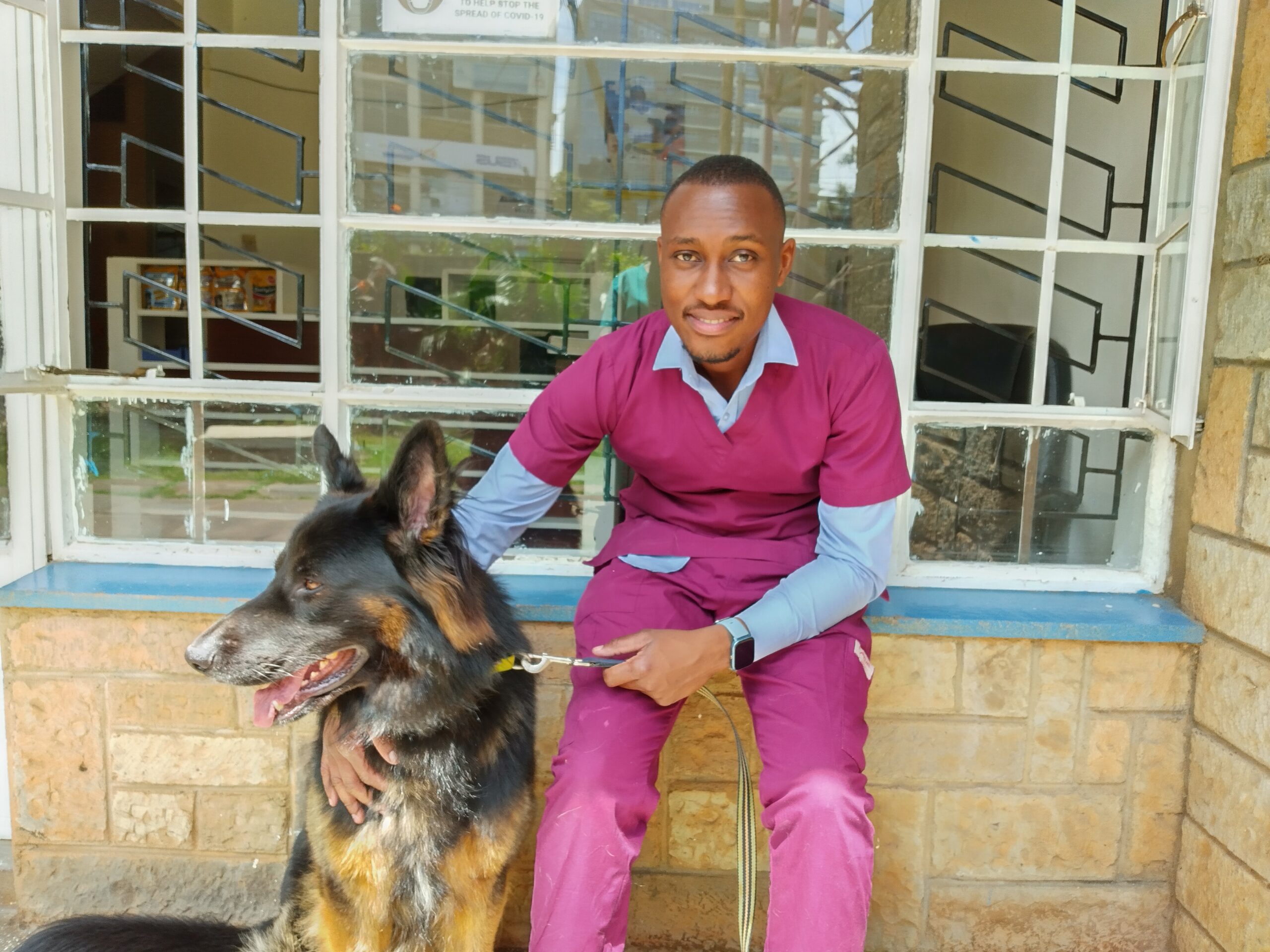Pet microchipping is a procedure in which a small electronic device, called a microchip, is implanted under the skin of a pet. The microchip contains a unique identification number that can be read using a special scanner. This ID number is linked to a database that holds the owner’s contact information and is stored in the Ducknet Veterinary Clinic database. Pet Microchipping is a widely used method for identifying lost or stray pets and reuniting them with their owners in Nairobi.
Importance of Pet Microchipping:
- Permanent Identification: Unlike collars and tags, which can be lost or removed, a microchip provides a permanent form of identification.
- Reuniting Lost Pets: If a pet goes missing and is found by a shelter, veterinary clinic, or animal control, they can use a microchip scanner to read the unique ID number. This number is then used to retrieve the owner’s contact information from the microchip database, facilitating the reunion of the pet with its owner.
- Proof of Ownership: In cases of disputes or theft, a microchip provides a more reliable form of proof of ownership compared to tags or collars, which can be easily switched.
- Compliance with Regulations: In many places, microchipping is a legal requirement for pet ownership. It may be necessary for licensing or other regulatory purposes.
Procedure for Pet Microchipping:
- Visit a Veterinarian or Professional Facility: Microchipping is typically performed by a veterinarian or trained professionals at animal shelters or clinics. Schedule an appointment with a reputable facility.
- Choose the Right Microchip: There are different types of microchips available, and it’s essential to choose one that is ISO (International Organization for Standardization) compliant. This ensures that the microchip can be read by scanners worldwide.
- Implantation: The microchip is usually injected under the skin between the shoulder blades using a syringe. The process is quick and relatively painless, similar to a routine vaccination.
- Registration: After the microchip is implanted, it needs to be registered with a pet recovery database. This involves providing your contact information and any other relevant details. Keep this information updated if you move or change phone numbers.
- Keep Information Updated: It’s crucial to keep the microchip information up-to-date. If you move or change your phone number, update the details in the microchip database to ensure a successful reunion if your pet is lost.
Pet microchipping is a responsible step for pet owners to take, contributing to the overall safety and well-being of their furry companions. Contact us on +254 778020096 for more information and booking.







